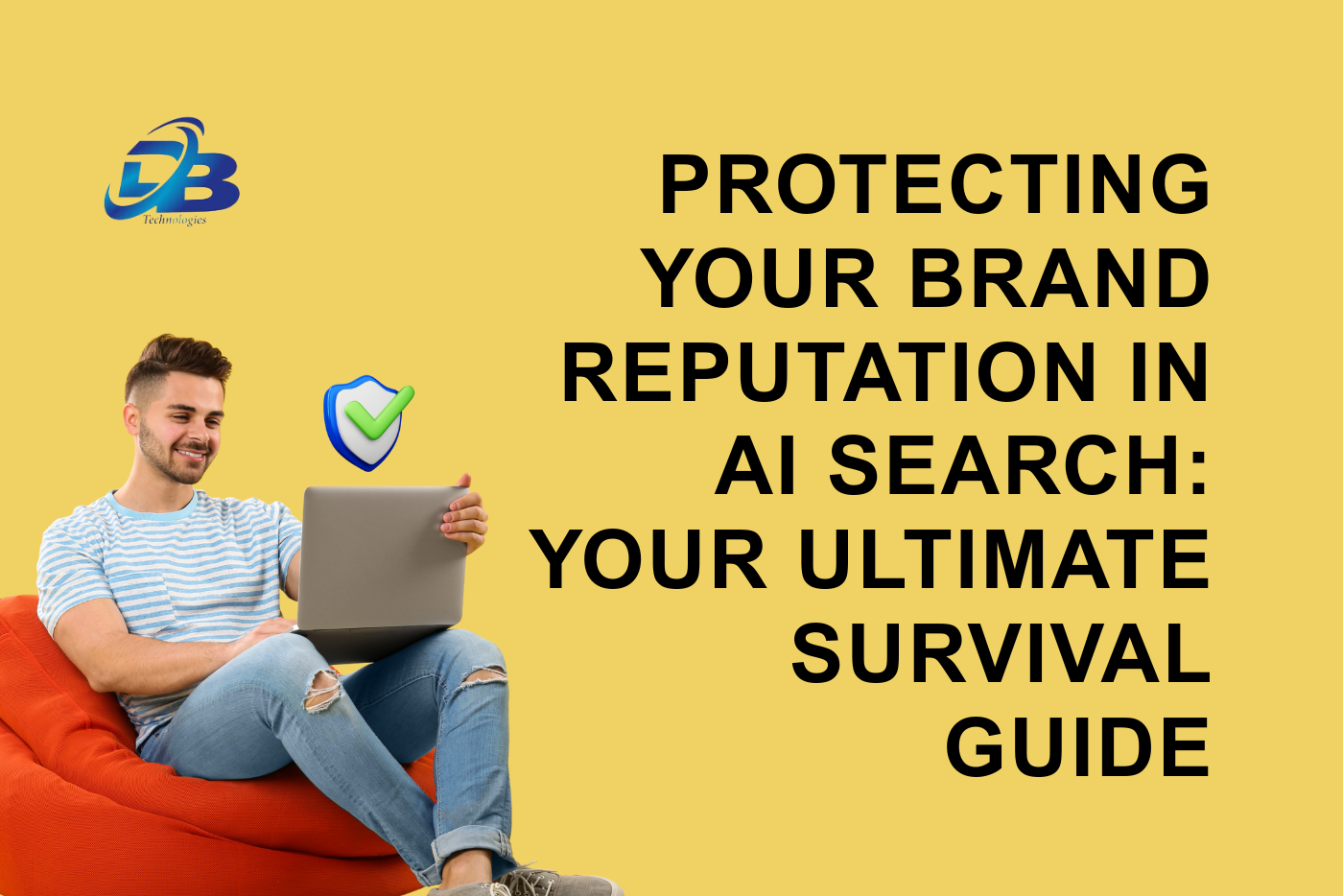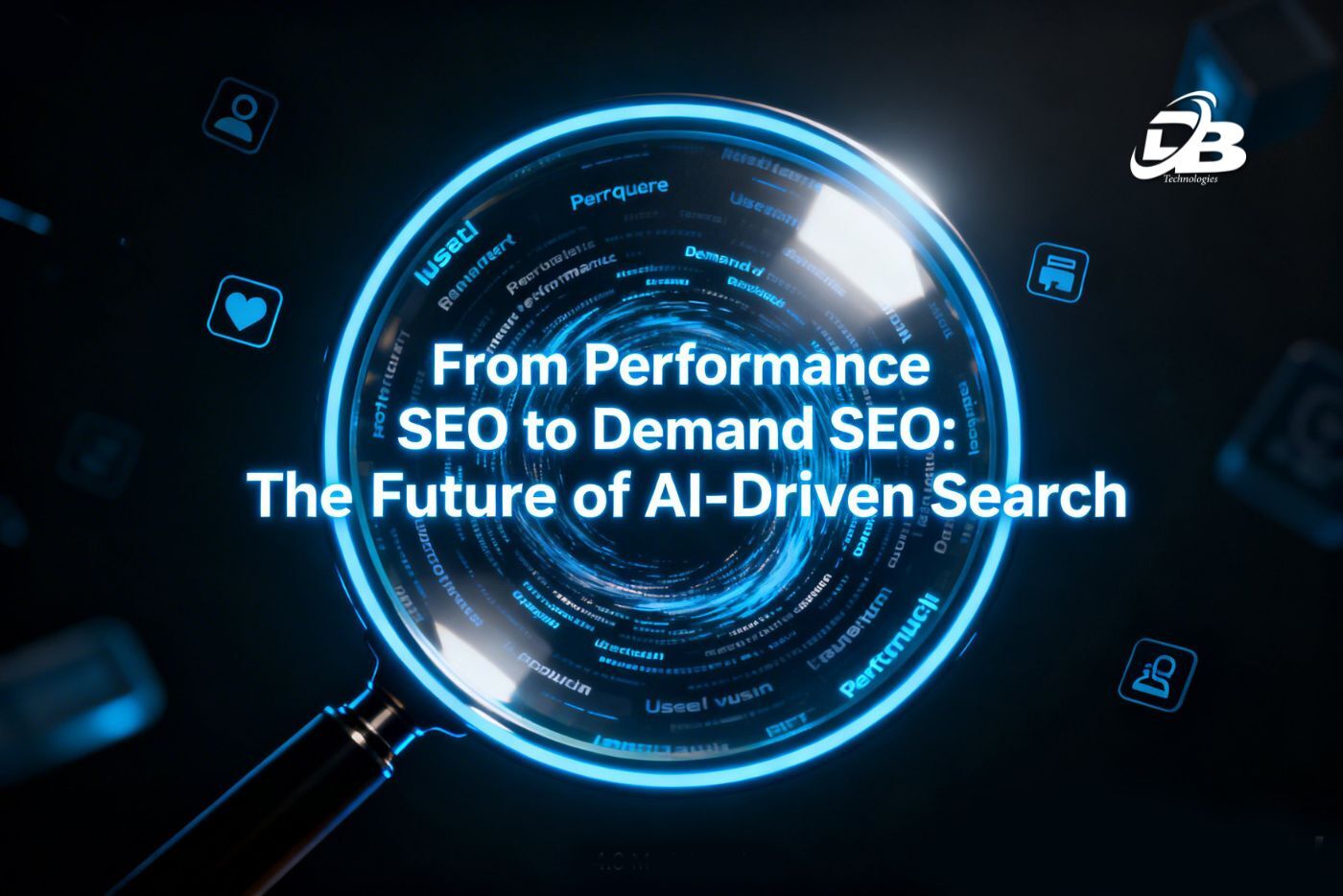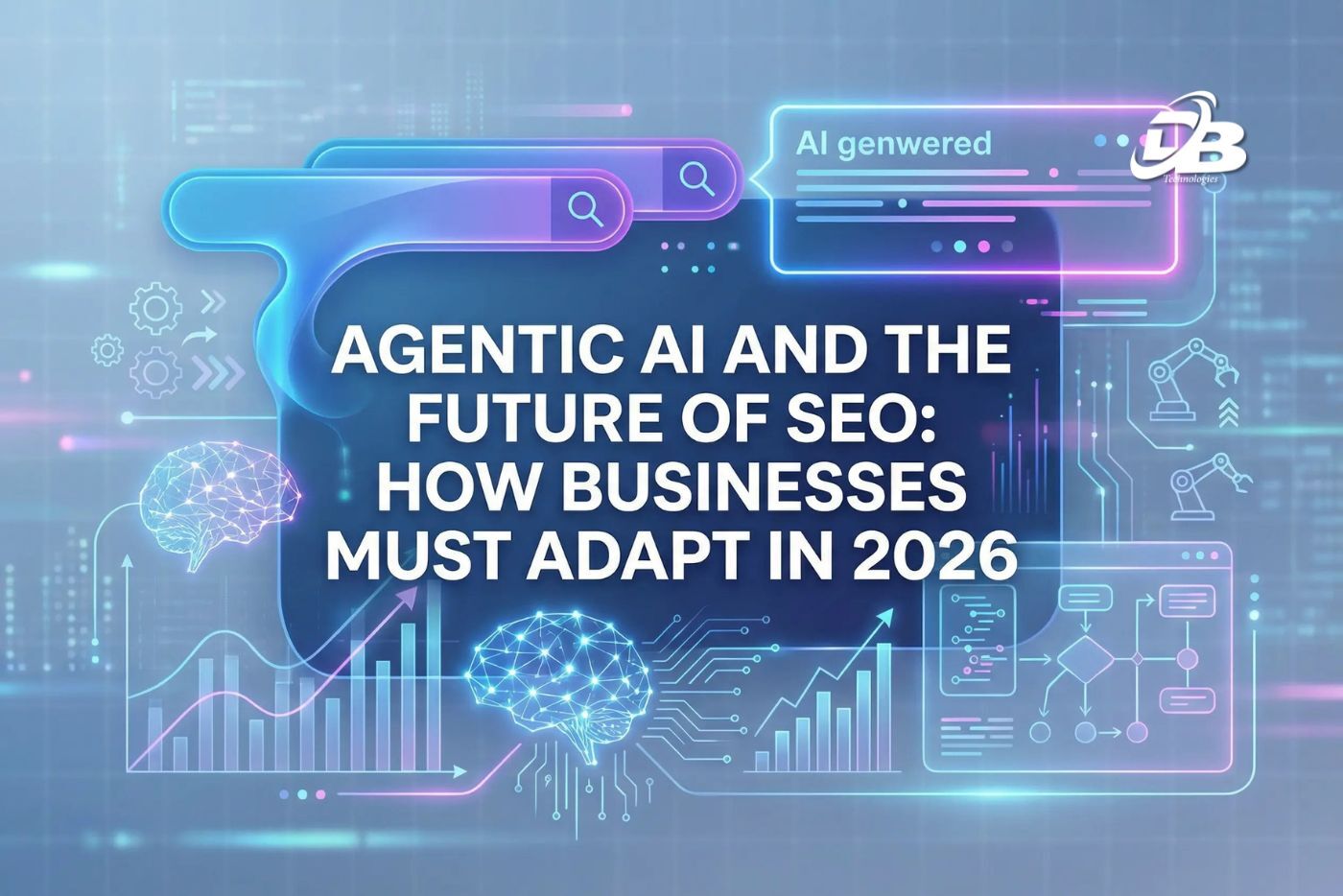
Let’s have a real chat about something that’s likely to be keeping you awake at night. You’ve invested your heart and soul into your brand. You’ve got a fantastic product, a loyal customer base, and a marketing plan that’s at last firing on all cylinders. But now along comes a new kid on the block that’s throwing the whole game into chaos: AI search.
You know what I’m talking about. Tools like Google’s Search Generative Experience (SGE), ChatGPT, Perplexity, and Microsoft Copilot. People aren’t just typing keywords into a blue links page anymore. They’re asking full, complex questions and getting direct, conversational answers. It’s incredibly convenient for them. But for you, the business owner or marketer, it’s a whole new world of risk and opportunity.
Because here’s the thing, if an AI chatbot gets something wrong about your company, that misinformation can spread like wildfire. And if it gets something right, but your competitor’s info is right there next to it… well, you see the challenge. This new landscape transforms brand reputation management into something completely different, where the AI’s interpretation of your entire digital footprint dictates public perception.
This article is your friendly guide to cope up with this new landscape. We’ll go over what’s at stake, the greatest risks you face, and most especially the practical, doable measures you can use to safeguard and even improve your brand reputation in the age of artificial intelligence search.
How Does AI Search Work?
Think of traditional search, for example, a super smart librarian. You ask for a book on, say, “best running shoes for flat feet.” The librarian (Google) points you to a shelf full of books (websites) that might have your answer. You still have to do the work of reading them and figuring it out.
AI search is like hiring that librarian to read all those books for you and then summarize the key points into a perfect, concise answer. It’s called a “large language model” (LLM), and it’s trained on a colossal amount of text data from the internet, that includes your website, news articles, forum posts, review sites, and pretty much every publicly available piece of text.
It aims to be helpful, not totally flawless 100% of the time. And that, my friend, is where your brand either excels or completely gets lost in the mix
The New Reputation Risks- It’s Way More Than Just Bad Reviews Now
In the old days, reputation management meant responding to negative Yelp reviews and maybe doing some SEO to push down a bad news article. AI search introduces a new set of vulnerabilities that are way more potent and complex.
1) The “Single Narrative” Risk & Hallucinations
This is the big one. AI models present a single, summarized answer. There’s no nuance, no “on the other hand,” and often, no direct source attribution. This creates a huge “single narrative risk.”
If that answer is wrong, either because the AI hallucinated (made it up) or because it pulled from a negative source, that one incorrect narrative disproportionately shapes public perception before a user even clicks your site.
Imagine someone asks an AI: “What are the operating hours for your Cafe??” The AI, lacking a clear, structured data source, might invent an answer: “(Oh, Your Cafe) is open from 7 AM to 9 PM daily.”
But you actually close at 4 PM on Sundays. Now you’ve got a frustrated customer showing up at a locked door.
2) Negative & Old Content Gets Amplified
AI doesn’t care who wrote it – it cares about relevance and authority. That means an old bad review, a misleading blog post, or even a competitor’s shady content could show up in your brand’s story. AI wants to be “complete,” not make you look goo
3) Fake Reviews & Misinformation
Scary but true, people can use AI to pump out fake reviews, posts, and even articles that look real. All designed to hurt your brand reputation and rankings before you even know what’s happening.
4) Loss of the Human Touch
Over reliance on AI for your own customer service and content generation makes you sound robotic and generic. Your brand’s tone and messaging may be lost in AI-created content, diluting your brand identity. Customers long for empathy and emotional intelligence, and a brand that sounds automated ruins that all-important connection
5) Data Privacy and Bias Issues
If your business gets user data wrong within its own AI products, or if an AI model itself sho
ws bias (e.g., preferring some brands or opinions based on the way it was trained), the ensuing scandal can splatter back onto you, undermining hard-won trust and brand value.
Okay, deep breath. That risk list is scary, I know. Now let’s get into the good stuff, how you fight back with a multifaceted strategic approach.
Your Action Plan: Proactive Strategies for brand reputation in the AI Era
Protecting your reputation now is less about defense and more about proactive optimization. You need to become the most reliable, clear, and authoritative source of information about your own brand. Here’s how.
Strategy 1: Master the Art of Structured Data
If you only do one thing from this list, make it this. Structured data (or Schema Markup) is a standardized code you add to your website that tells search engines and AI bots exactly what your content means. It’s the single best way to combat hallucinations about your basic info.
What should you mark up? Everything. Use Organization, LocalBusiness, Product, FAQPage, and Article schemas to give AI a perfectly organized fact sheet. This is your number one defense. It’s the core of maintaining good digital hygiene.
Strategy 2: Become an Unshakable Authority
You must’ve heard of E.E.A.T .For AI, it’s everything. The models are trained to prioritize sources that demonstrate these qualities.
1) Experience & Expertise:
Show real world use cases. Feature customer testimonials and detailed “how to” guides written by actual experts on your team. Don’t publish shallow, generic content. Quote your credentialed experts and give them full author bios.
2) Authoritativeness:
This is about your reputation as a whole. Are you cited by other reputable websites? PR and digital PR (getting mentions and links from high authority sites) is crucial for signaling that others see you as a leader. This makes you a primary source for AI.
3) Trustworthiness:
Is your site secure ? Whether the contact information is easy to find? WHat are the return and privacy policies? Just be transparent.
For better insight , do give this blog a quick read, ‘E-E-A-T Optimization: Building Trust for Higher Rankings”
Strategy 3: Conversational Optimization, Not Keyword Stuffing
The days of keyword-stuffing SEO are long gone. AI search is about responding to questions. You must get into your customer’s head.
1) Create detailed FAQ pages and use that FAQ schema markup we talked about.
2) Create long form, pillar content that is actually the best thing on the internet for a particular topic. Write it in natural language and question based headings (H2, H3 tags) that match the way people actually speak.
3) This “Conversational SEO” is about going beyond typical SEO to care about being the source AI wants to quote from.
Strategy 4: Aggressively Manage Your Third Party Presence
Your brand lives in more locations than your website. You can’t dictate where, but you can influence them.
1) Knowledge Panels: Check all information for accuracy
2) Business Listings: Everywhere your NAP (Name, Address, Phone number) must be correct: Google Business Profile, Bing Places, Yelp, industry directories. Inconsistency perplexes artificial intelligence.
3) Review Sites & Forums: Manage profiles actively. Answer all reviews, both positive and negative. Engage with communities on sites such as Reddit to set the tone. Get friendly customers to post positive reviews to counteract the negative.
Strategy 5: Monitor Like a Hawk and Have a Correction Plan
You can’t fix a problem you don’t know exists. You need new tools and new search techniques.
1) Use the AI Tools to regularly test brand queries in ChatGPT, Gemini, and Perplexity. Ask questions, like “What are the biggest controversies involving [My Brand]?”
2) Set up advanced alerts to scan forums, reviews, and social media.
3) Develop a correction strategy: Have a plan. If you find an error:
1) Don’t blame the user. Empathize and provide the correct facts.
2) Identify the source. Find the outdated or incorrect data the AI likely used.
3) Fix it or Report it. Correct it on your own site or contact the webmaster. Use the feedback buttons in AI tools to report inaccurate answers.
4) Flood the zone with Truth. Publish a clear, authoritative blog post or press release stating the correct facts to give the AI better data to pull from in the future.
The Future is a Hybrid: Balance AI with Humanity
Shifting to AI search is not a passing trend; it’s an essential transformation. The best brands will be the ones that embrace a holistic, proactive strategy. This involves:
1) Leveraging Hybrid Strategies: Blend your fresh AIfocused content initiatives with conventional SEO. Continuously refine your content with the understanding you acquire from monitoring man made intelligence tools.
2) Balancing the Human Touch: AI is for optimization; never allow it to substitute the empathy and emotional competence that only human beings can provide.
3) Tracking the Right Metrics: Begin tracking new things such as sentiment in AI summaries, messaging consistency, and the entity associations the AI makes regarding your brand.
Preserving your brand’s reputation in AI research is no longer a passive undertaking. It’s about ensuring that when someone inquires about artificial intelligence about you, the response is compelling as well as correct. It’s a reply that establishes trust, demonstrates your power, and inspires that user to want to learn more about you.
Accepting these techniques helps you protect yourself as well. You’re setting your brand such that AI search goes from a significant risk to a true competitive benefit for exposure, trust, and impact. It’s a lot of labor, but building a good reputation has always taken a lot of effort.
You now possess the plan for the upcoming chapter.Now go forth and get optimized.












